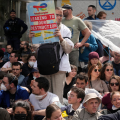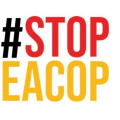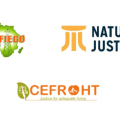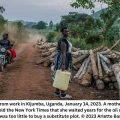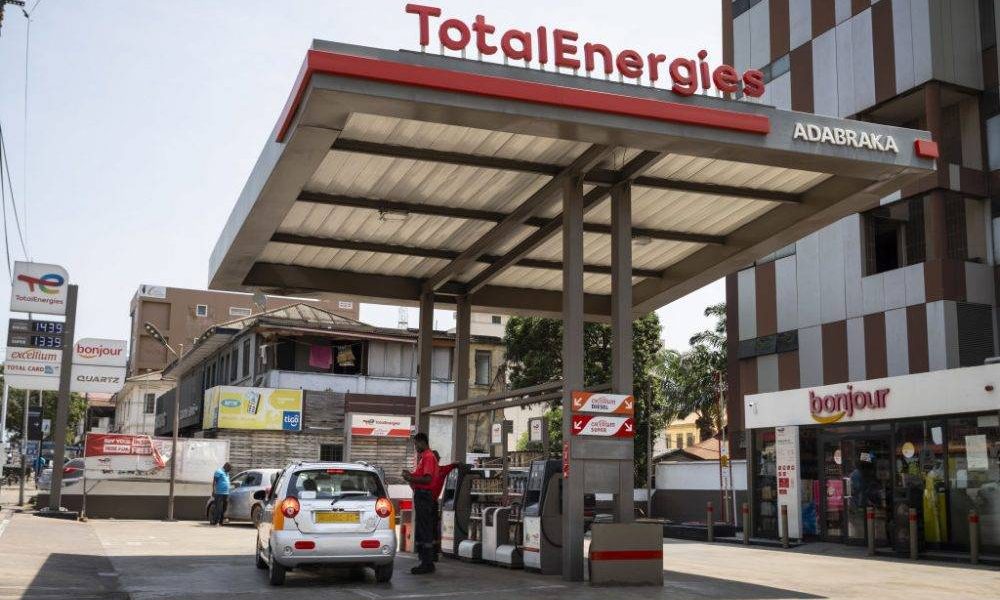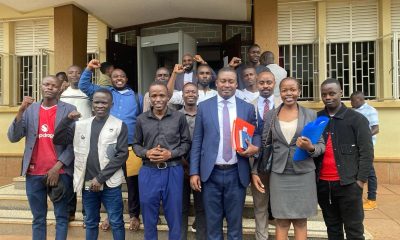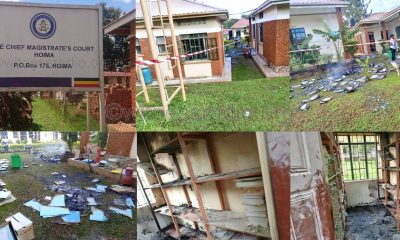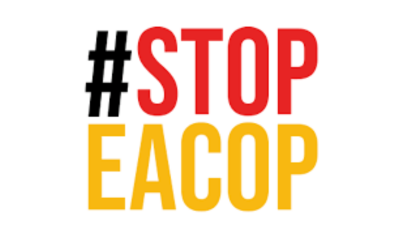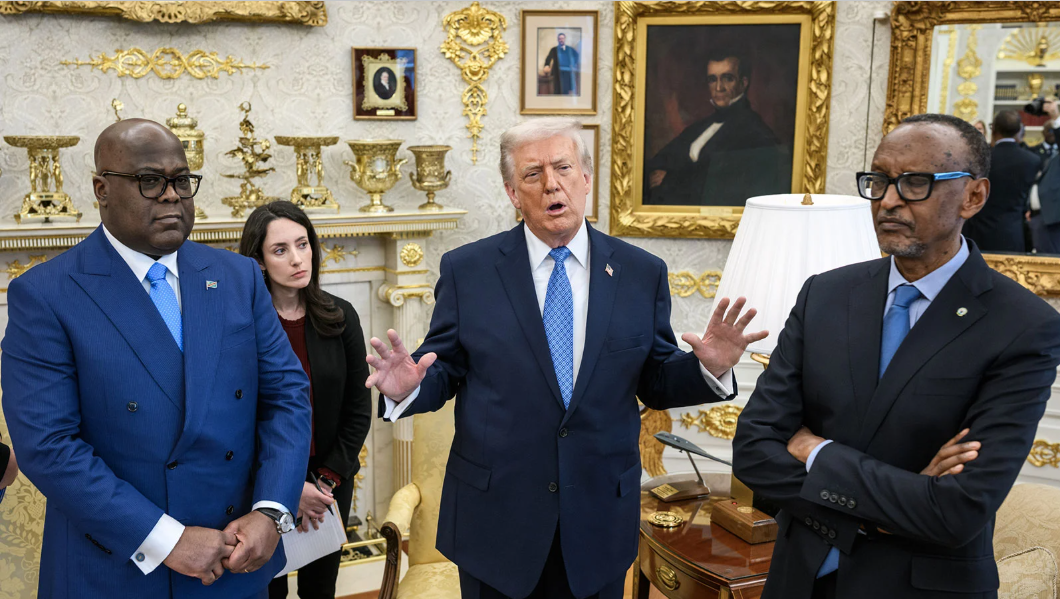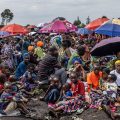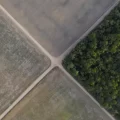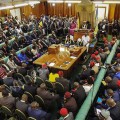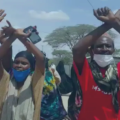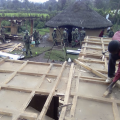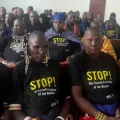TotalEnergies, the French petro giant company with a legacy of destruction on the continent, this year celebrates 100 years. To be clear, that is 100 years of profit, environmental destruction and damage to people’s lives.
The company’s damage is widespread, extensive and well-documented.
In 1956, TotalEnergies entered Africa, exploiting natural resources as it went along. In chasing down oil and gas, it has wreaked havoc on communities, land, and the environment.
A 2022 study by the Climate Accountability Institute found the total emissions attributed to the East Africa Crude Oil Pipeline totals 379 million tonnes of carbon dioxide, making TotalEnergies a key contributor to Africa’s carbon footprint.
As Charity Migwi, a senior campaigner at Oil Change International, a research, communication, and advocacy organisation, notes, the company has its hands on various projects on the continent.
The project noted above will have about 460km of pipeline in the freshwater basin of Lake Victoria, Africa’s largest lake, which directly supports the livelihoods of more than 40 million people in the region. On top of this, there are plans to extract oil from the fields in Uganda as well as the company’s prominent role in the Mozambique LNG Project, which is a major cause of carbon emissions
Closer to home, TotalEnergies has been given the go-ahead to explore for oil and gas off the south-west coast of South Africa, which sparked protests. As the company held its annual general meeting in Paris, France, protests by affected communities, civil society and activists in both countries took place.
Environmental justice group The Green Connection’s community mobilisation officer, Warren Blouw, said in a press release: “TotalEnergies and other oil and gas companies must consider the livelihoods of small-scale fishers, whose economic wellbeing is jeopardised by offshore oil and gas exploration. We must unite to protect Africa and its resources from those who only seek profit, at the cost of regular South Africans.”
Zinhle Mthiyane, of the South Durban Community Environmental Alliance, said: “We are protesting to protect the environment and prevent ocean pollution. Drilling for oil and gas in South African waters could degrade the environment, threatening livelihoods and cultural practices.”
One of those affected by TotalEnergies and its hunt for fossil fuels is Sifiso Ntsunguzi, a small-scale fisher from Port St Johns, on the Eastern Cape coast. Ntsunguzi made the trip to France to protest.
“We are in Paris to support the court case against TotalEnergies’ oil and gas projects. As a small-scale fisher and member of a coastal community, I do not support the exploration of oil and gas in the ocean. We use the ocean for cultural practices and as a means to sustain our livelihood. We are against exploration of gas and oil, as it may risk degradation of the environment and marine ecosystems, our livelihood and our health. I come from a fishing community and have become a fisher myself,” he said.
In another press release, environmental justice group Bloom wrote that TotalEnergies has been well aware of its climate harms as far back as the 1970s, yet the company still goes ahead with its oil and gas initiatives.
Initially, its strategy was to deny climate change, wrote Bloom. Now that it can no longer do so, it has changed tact and resorts to greenwashing, described by the United Nations as follows: “By misleading the public to believe that a company or other entity is doing more to protect the environment than it is, greenwashing promotes false solutions to the climate crisis that distract from and delay concrete and credible action.”
Total Energies portrays itself as a serious player in the renewable energy space and constantly punts its renewable efforts while going full steam ahead with its fossil fuel projects.
For example, it said of its project in the Northern Cape: “TotalEnergies and its partners are launching construction of a major hybrid renewables project in South Africa, comprising a 216 megawatt solar plant and a 500 MWh battery storage system to manage the intermittency of solar production.”
Bloom explained that chasing renewables is profitable but nowhere near as profitable as oil and gas, and it in no way negates the harmful search for and use of fossil fuels. For this reason Bloom and two other climate justice groups took TotalEnergies to court.
This case also hopes to halt the expansion of fossil fuel extraction. As The Guardian reports: “A criminal case has been filed against the CEO and directors of the French oil company TotalEnergies, alleging its fossil fuel exploitation has contributed to the deaths of victims of climate-fuelled extreme weather disasters. The case was filed in Paris by eight people harmed by extreme weather, and three NGOs.”
Joyce Kimutai, a climate scientist at the University Of Cape Town, said: “The fossil fuel industry will continue to undermine science, they will continue to expand their businesses,
they will continue to cause suffering to the people as long as they know that the law can’t hold them accountable.”
Whether the case will yield anything remains to be seen, but the important thing is people are standing up and fighting the harmful practices of these fossil fuel companies. International bodies like the UN climate change conferences yield very little results. It is up to us, the people on the ground, to unite for the good of our planet.
Source: mg.co.za
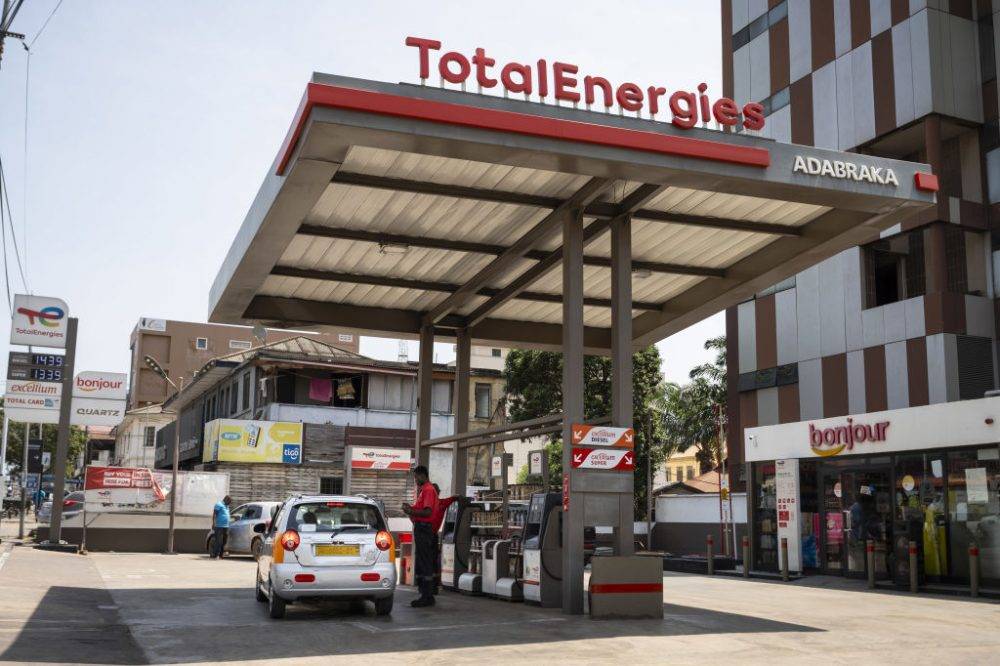

 NGO WORK2 weeks ago
NGO WORK2 weeks ago
 MEDIA FOR CHANGE NETWORK2 weeks ago
MEDIA FOR CHANGE NETWORK2 weeks ago
 MEDIA FOR CHANGE NETWORK2 weeks ago
MEDIA FOR CHANGE NETWORK2 weeks ago
 MEDIA FOR CHANGE NETWORK2 weeks ago
MEDIA FOR CHANGE NETWORK2 weeks ago
 MEDIA FOR CHANGE NETWORK2 weeks ago
MEDIA FOR CHANGE NETWORK2 weeks ago
 MEDIA FOR CHANGE NETWORK7 days ago
MEDIA FOR CHANGE NETWORK7 days ago
 MEDIA FOR CHANGE NETWORK1 week ago
MEDIA FOR CHANGE NETWORK1 week ago
 MEDIA FOR CHANGE NETWORK1 day ago
MEDIA FOR CHANGE NETWORK1 day ago

